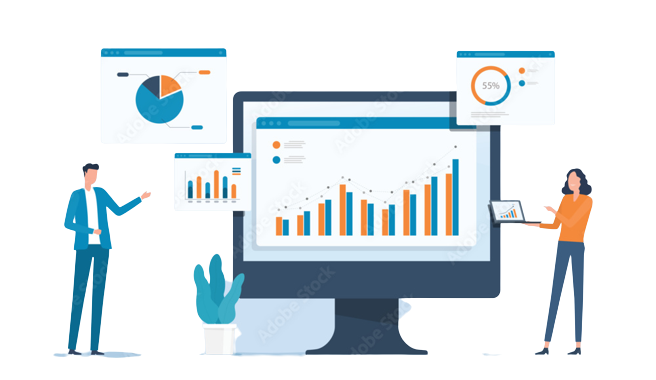Enterprise Resource Planning (ERP) systems have become an integral part of higher education institutions. ERP systems are software that integrates various business processes and functions into a single system. In the context of higher education institutions, ERP systems are used to manage administrative tasks, student information, and academic processes.
Benefits of ERP in Higher Education Institutions efficient management of administrative tasks

Enterprise Resource Planning (ERP) systems play a vital role in enhancing administrative efficiency within higher education institutions. These systems streamline numerous tasks such as employee payroll, financial management, and inventory tracking. By implementing an ERP system, institutions can automate these processes, leading to reduced workload and enhanced accuracy for administrative staff. Payroll calculations, for instance, can be automated, minimizing errors and ensuring timely and accurate payments. Financial management modules within ERP systems enable seamless tracking of budgets, expenses, and revenue streams. Furthermore, inventory management features enable efficient monitoring and control of supplies, optimizing resource allocation. Overall, ERP systems empower higher education institutions to manage administrative tasks efficiently, fostering productivity and effectiveness.
Improved Student Information Management

ERP systems play a crucial role in higher education institutions by offering a centralized database for student information management. This encompasses registration details, enrollment records, grades, and academic progress. By utilizing an ERP system, institutions can efficiently and accurately manage student data, reducing the burden on administrative staff. Additionally, students benefit from self-service portals that grant them access to their own information, enabling them to view and update personal details, review academic records, and track their progress, resulting in improved efficiency and satisfaction.
Streamlined Academic Processes

ERP systems provide valuable support in streamlining academic processes within institutions, encompassing course scheduling, faculty management, and curriculum development. By implementing an ERP system, institutions can automate these processes, resulting in reduced workload for faculty and staff while enhancing accuracy. Course scheduling becomes more efficient as ERP systems facilitate class assignment, room allocation, and timetable generation. Faculty management modules assist in tracking faculty workload, assignments, and evaluations. Additionally, ERP systems aid in curriculum development, allowing for seamless collaboration and revision of courses, ensuring up-to-date and well-structured academic programs.
Improved Communication

ERP systems serve as a robust platform for fostering communication and collaboration between students, faculty, and staff within institutions. Through integrated communication tools and features, ERP systems facilitate seamless information exchange, discussion forums, and document sharing. This enables effective collaboration on academic projects, group assignments, and research initiatives. Students can interact with faculty members, seek guidance, and receive timely feedback. Faculty and staff can efficiently communicate important announcements, deadlines, and updates to students, ensuring transparency and enhancing overall communication within the institution. Such improved communication and collaboration contribute to the success and productivity of the institution as a whole.
Data Analytics and Reporting

ERP systems provide institutions with data analytics and reporting capabilities. This helps institutions to analyze data and make informed decisions about academic programs, student enrollment, and financial management.
ERP systems have become an essential tool for higher education institutions to manage their administrative tasks, student information, and academic processes. Institutions that implement ERP systems can improve efficiency, accuracy, and communication, leading to improved student outcomes and institutional success. With the help of ERP systems, higher education institutions can focus on providing quality education to students and creating a better learning environment. ERP systems have become an integral part of higher education institutions, and their importance is only going to increase in the future.
.
